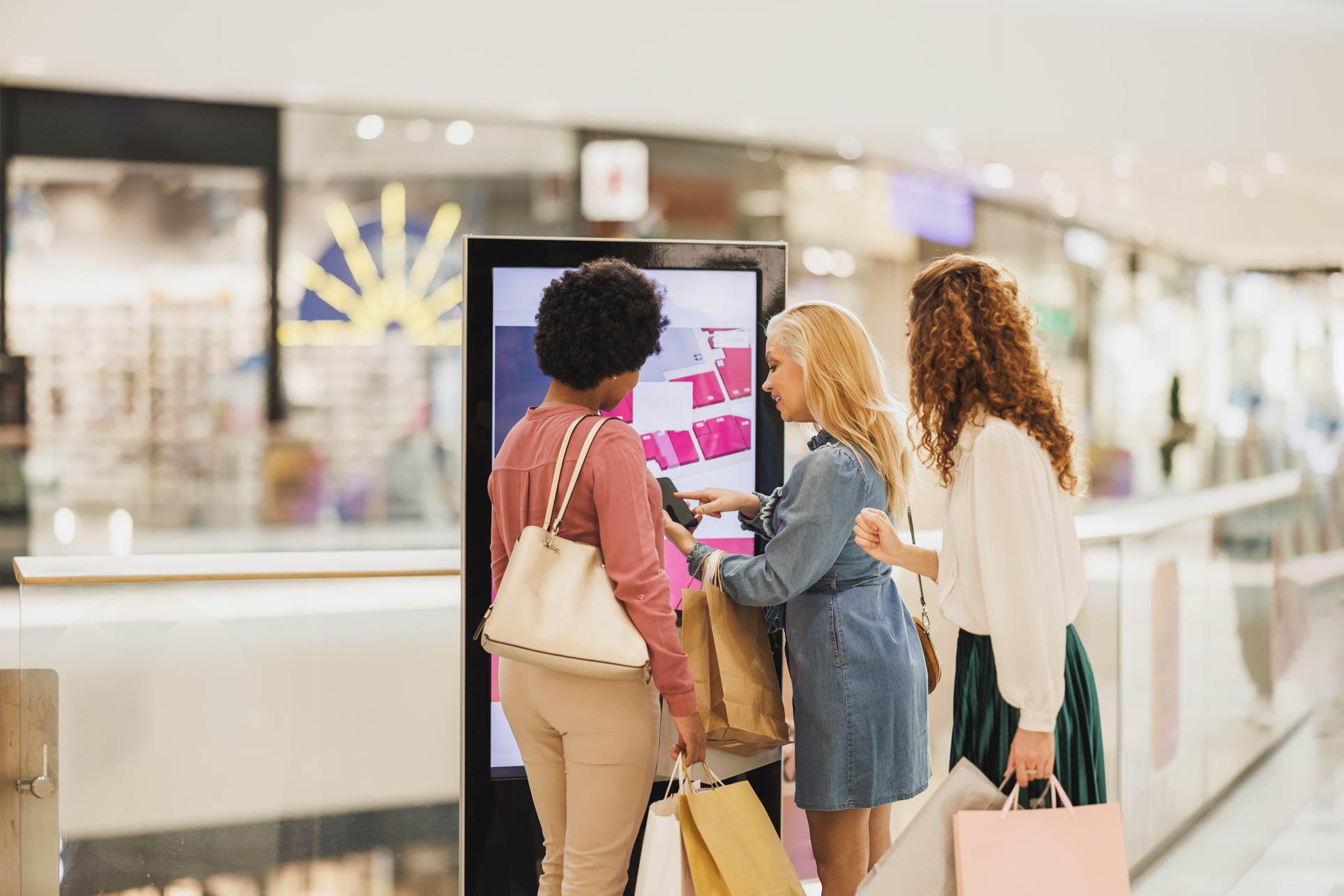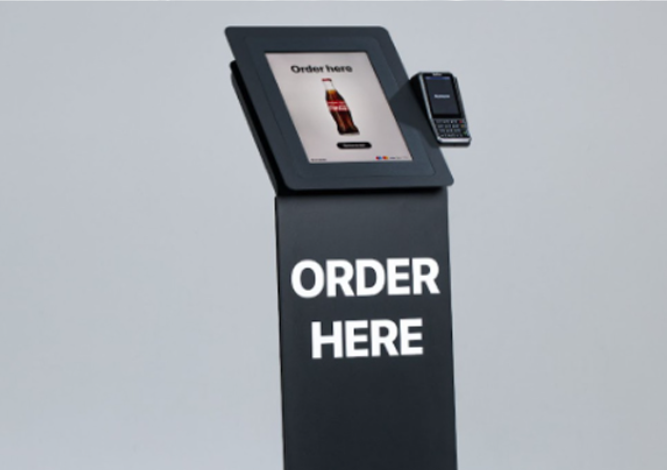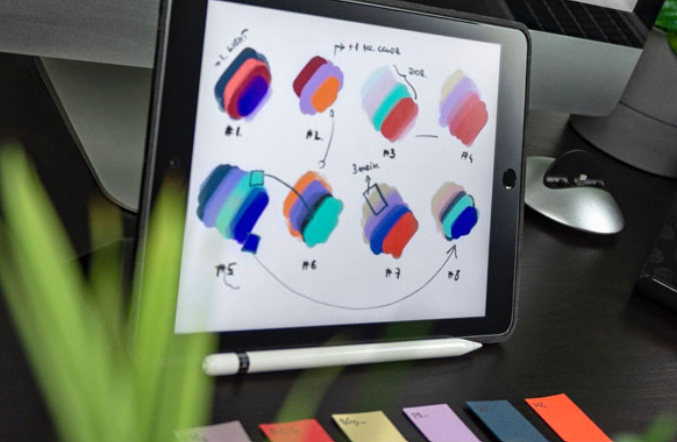Introduction
The UAE leads in building smart cities that blend infrastructure with digital services. Smart city digital kiosks are central to this transformation, delivering real-time information and citizen services.
What Is a Smart City Digital Kiosk?
An interactive device for streets, parks, metro stations, government offices, and tourist hubs. Built for outdoor durability and multi-service delivery with real-time data integration.
Benefits of Smart City Kiosks
1. Citizen Services
Access bill payments, appointments, and public information; reduce queues at service centers.
2. Navigation in Public Spaces
Wayfinding for parks and districts; transport route planning and ticketing; QR handoff to mobile.
3. Tourism & Visitor Experience
Landmark details, maps, event schedules, and nearby attraction promotions in multiple languages.
4. Safety & Security
Emergency alerts, SOS reporting, CCTV integration, and command-center linkages.
5. Sustainability
Paperless workflows, solar-ready hardware, and alignment with national visions.
Use Cases in the UAE
Tourist hubs, transport systems, government centers, and community plazas.
Challenges and Solutions
Harsh Outdoor Conditions
Weatherproofing, cooling systems, and high-brightness screens for desert environments.
Accessibility Needs
Voice guidance, height-adjustable screens, and braille for inclusive design.
Integration Complexity
Modular software and APIs to connect multiple agency systems.
Future Outlook
IoT links to parking and utilities, AI predictive services, voice-first interactions, and secure blockchain verification.
Conclusion
Smart city kiosks make services accessible, improve navigation and safety, and advance sustainability—key pillars of the UAE’s digital future.



.svg)




